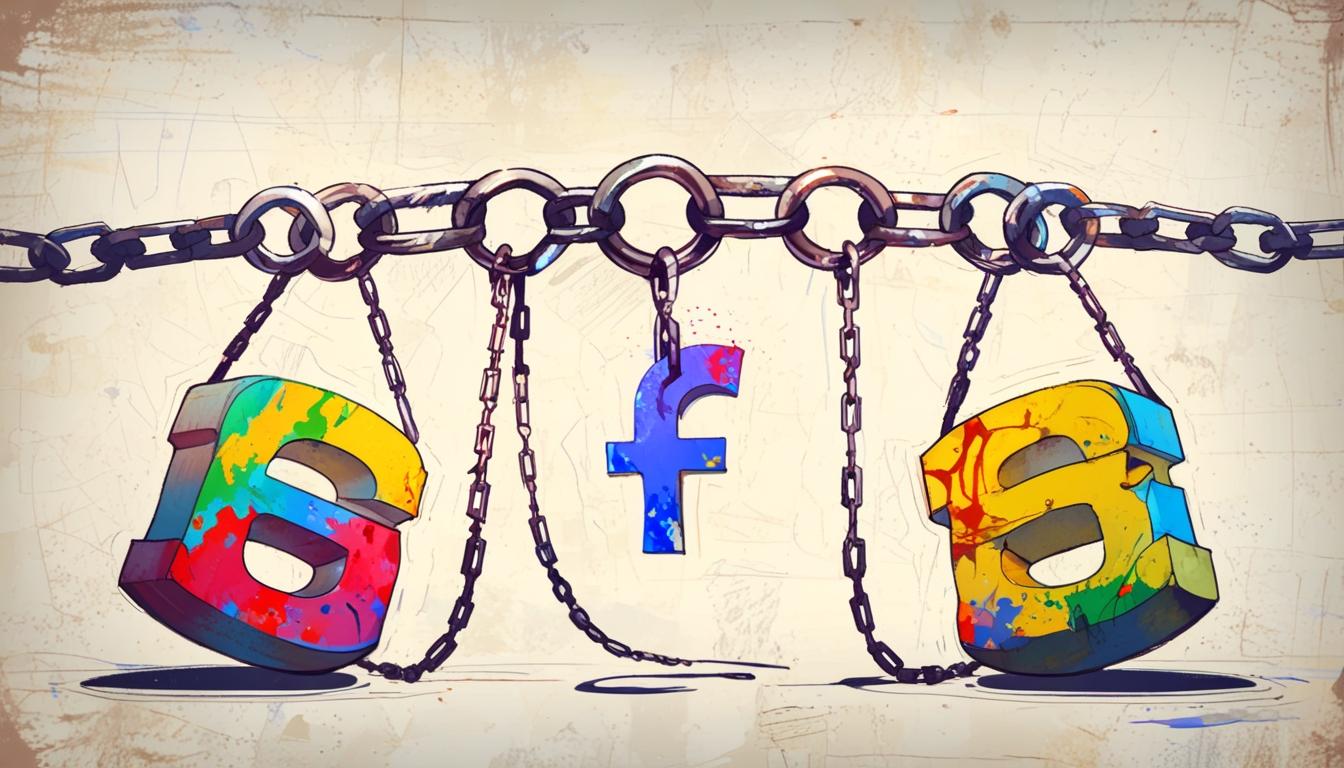Alphabet Inc.’s Google is currently facing an extraordinary wave of litigation in the European Union, with damage claims totalling at least €12 billion ($13.3 billion) stemming from multiple price comparison websites. These lawsuits allege that Google has unlawfully siphoned off customers from its rivals, a situation that has arisen from a complicated interplay of antitrust regulations and the digital marketplace.
The surge of civil suits can be traced back to a pivotal decision by the European Commission in 2017, which culminated in a record €2.4 billion fine against Google for abusing its search dominance to favour its own shopping service. Following this ruling, the avenue opened for "follow-on" lawsuits, where companies could seek damages based on the established breach of antitrust laws without needing to prove the underlying violations in court. This means that plaintiffs are now able to move forward without the burden of demonstrating Google's wrongdoing, potentially accelerating the timeline for these cases.
Bloomberg has identified at least twelve active civil cases across seven EU countries, many linked to various comparison shopping sites like Kelkoo and Foundem, claiming staggering sums due to the alleged monopolistic tactics employed by Google. The stakes are high; as legal expert Christian Kersting notes, claims in these suits often dwarf the penalties imposed by regulators, underscoring the financial gravity of the situation for both the plaintiffs and Google.
As these legal battles advance, they represent a significant new front in Google’s ongoing regulatory challenges in Europe. The sheer scale of these lawsuits, if successful, could further embolden other businesses to take action against tech giants. Moreover, these developments occur concurrently with ongoing antitrust scrutiny from the US Justice Department, which is pushing for Google to divest parts of its advertising and search businesses amid a backdrop of mounting legal woes.
Many of the pending cases are approaching crucial court dates, with claims at risk of reaching tens of billions. For instance, in June, the High Court in London will deliberate on a £1 billion ($1.6 billion) claim from Kelkoo and Foundem, while a Dutch court is set to hear arguments in September related to a significant lawsuit from the Compare Group. The legal landscape is tumultuous, with companies like Idealo raising their claims from €500 million to €3.3 billion, alleging that Google's market manipulation has continued unabated, effectively disadvantaging their businesses.
Despite the legal cannonade, Google remains defiant, rejecting allegations of misconduct. A spokesperson for the company maintains that its display advertisement system for comparison shopping has yielded positive results for numerous comparison sites. They contend that over 1,550 such sites are now active users of Google's services, up significantly from just a handful in 2017. “We strongly disagree with these lawsuits,” the spokesperson stated. Critics, however, argue that Google’s adjustments have not fully alleviated the structural inequities faced by its competitors.
Adding further complexity to the situation, the European Union has been tightening its grip on Big Tech through regulations such as the Digital Markets Act (DMA), which aims to create a more level playing field. Reports indicate Google is also under investigation for potential breaches of these new regulations, following claims that it continues to favour its own vertical search products over those of its rivals. The stakes are enormous: violations of the DMA could result in fines as high as 10% of Google's global revenue, a significant threat to its financial health.
Although the European Commission's previous rulings provide plaintiffs with a robust foundation for their claims, the path to success in these civil cases is fraught with challenges. Legally, plaintiffs must demonstrate a clear causal link between Google's actions and the decline in their profits, which may prove difficult given the myriad external factors influencing the market.
As these cases unfold, they could redefine the relationship between large tech companies and smaller competitors, shaping the future of e-commerce in Europe. Legal experts suggest that, should plaintiffs win, enforcing any resulting judgments may necessitate recourse through US courts, raising the potential for diplomatic rifts, especially considering the heightened scrutiny of Silicon Valley by US regulators and politicians alike.
As Google navigates this intricate legal landscape, the outcomes of these cases could set sizeable precedents for both the tech industry and regulatory practices in Europe, signalling a shift towards stricter controls on monopolistic behaviours that have, until now, largely gone unchecked.
Reference Map
- Paragraph 1: Source (1)
- Paragraph 2: Source (1)
- Paragraph 3: Source (1)
- Paragraph 4: Source (1)
- Paragraph 5: Source (1)
- Paragraph 6: Source (1)
- Paragraph 7: Source (1)
- Paragraph 8: Source (1)
- Paragraph 9: Source (1)
- Paragraph 10: Source (1)
- Paragraph 11: Sources (2), (3)
- Paragraph 12: Source (4)
- Paragraph 13: Source (5)
- Paragraph 14: Source (6)
Source: Noah Wire Services
